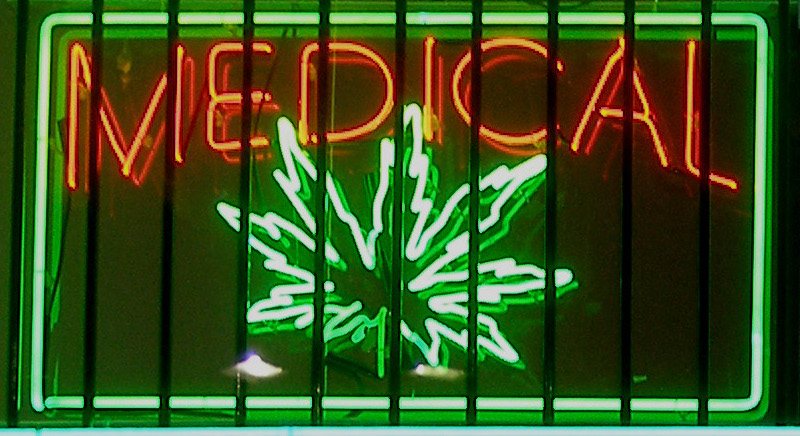 By Carey Wedler
By Carey Wedler
News circulated recently that the DEA had rescheduled cannabidiol (CBD), the nonpsychoactive ingredient in cannabis, but the technicalities of the agency’s decision actually show their ruling is highly restrictive.
The decision concerned a recently FDA-approved pharmaceutical version of CBD, produced by GW Pharmaceuticals. Due to the federal government’s continued prohibition of cannabis, Epidiolex was prohibited from going to market unless the DEA rescheduled CBD. That’s what the agency did, leading some to believe that “since this FDA-approved medication is pure cannabidiol (CBD) that all CBD products fall into the same category,” Forbes noted.
But that is not the case. The DEA decision applies only to “FDA-approved” drugs, meaning they have just granted GW Pharmaceuticals a monopoly on plant-derived CBD (hemp-derived CBD is no longer restricted). The DEA said as much in a statement to NBC affiliate WTHR:
“What this does not do is legalize or change the status of CBD oil products,” DEA spokesperson Rusty Payne said. “As of right now, any other CBD product other than Epidiolex remains a Schedule I controlled substance, so it’s still illegal under federal law.”
Widget not in any sidebars
“There is misunderstanding that cannabis or CBD will be immediately rescheduled, but that is not the case; it will be Epidiolex itself,” attorney Shawn Hauser told Forbes. Hauser, a senior associate with Denver-based Vicente Sederberg LLC and director of law firm’s Hemp and Cannabinoid Group, said the media had misconstrued the DEA’s decision:
What is getting scheduled is the Epidiolex itself, pursuant to the new drug application, relating to its medical efficacy and low potential for abuse. That will inform the federal law for the future. Marijuana is still a Schedule I substance; CBD is not scheduled itself, but as a substance derived from marijuana.
Despite the approval of GW Pharmaceuticals’ CBD product, under federal law, no other plant-based CBD is allowed. This prohibition is the basis of an adolescent girl’s lawsuit against the Department of Justice, through which she is fighting to be able to use her CBD medication, which she uses to treat epilepsy, in all parts of the country (as opposed to just Colorado, where her family moved from Texas in order to access it).
For now, the DEA’s decision on Epidiolex simply means a giant corporation enjoys the perks of government rule-making, and it will likely be other pharmaceutical companies that reap the benefits. As Leafly writer Ben Adlin clarified:
The rescheduling move does open the door for additional high-CBD medicines to enter the US market, however, and it will likely attract other CBD drugmakers to jump in. But many popular products in existing medical cannabis markets, such as Canada or certain US states, will be ineligible due to the amount of THC they contain.
The decision does make some research into CBD less restricted, but for now, it will only apply to studies conducted on Epidiolex. Ryan Vandrey, an associate professor at Johns Hopkins University Department of Psychiatry and Behavioral Sciences who studies the pharmacology of cannabis, explained the implications. As reported by the university’s news service, The Hub:
“With the DEA’s decision, the door is at least ajar for more sophisticated research, but Vandrey notes that it would take a broader reclassification of CBD overall to see clinical trials using anything beyond Epidiolex.”
Considering that the heavy limits over CBD oil have been lifted, it is expected that more medical breakthroughs will take place in the near future. The research, however, is still fairly limited – and cannot go as fast as the researchers hope.
For example, Vandrey is currently conducting a study using a pure synthetic CBD formulation that remains a Schedule I substance and requires extra DEA regulation and oversight. Such constraints, he says, slow down the development of new drugs containing not only CBD but all other marijuana compounds.
Nevertheless, Johns Hopkins Bloomberg School of Public Health researcher Caleb Alexander, who headed the FDA advisory committee that suggested the agency approve Epidiolex, believes times are changing. “I think this will stimulate further investigation into the potential medicinal value of different components of the marijuana plant,” he said. “We’re not talking about one or two chemicals here—there are dozens.“

Be the first to comment on "DEA Grants Pharmaceutical Company Monopoly on Medical CBD"